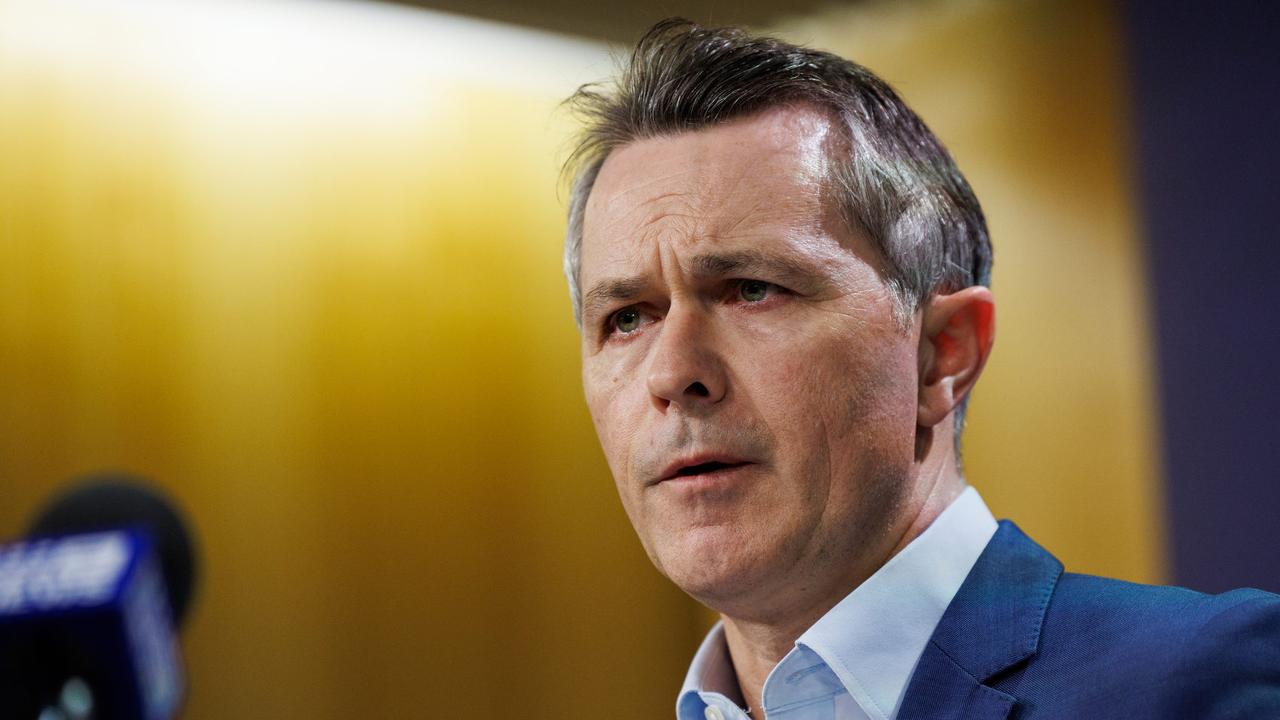Answer to question every Aussie is asking about $3bn HECS overhaul
A major question about how a major overhaul to student debts will be handled has been answered.
A tax credit is on the way for Aussies who scrimped and saved to pay off their student loan debt to avoid being hit by an eye-watering increase to indexation.
The government is set to wipe about $3bn through a major change to the HECS and HELP loans in a bid to win over younger voters struggling with the cost of living.
The changes, which require legislation, will cap student loan indexation to the lower of the consumer price index or the wage price index – saving the average graduate $1200.
It will be backdated to June 1 last year, with credits offered to students who were slapped with a 7.1 per cent loan index.
But the reform has left those who took action to pay off their debt in a bid to avoid a repeat of last year asking the same question.
“What happens if you just paid it all back?? Do I get this credit back still!” a commenter on TikTok wrote.
In short: yes.

“Those that paid off their outstanding HELP loan between 1 June 2023 and the time the legislation is passed will be eligible for a tax credit,” a spokesman confirmed.
So instead of the relief being applied to an outstanding HECS or HELP loan balance, it will be applied at tax time.
Australians with student loan debt can find out how much the switch up is estimated to benefit them using the HELP Indexation Credit Estimator.
Tying student debt to the lower of the CPI or WPI was a major recommendation from the Universities Accord – the first broad review of the higher education system since 2008.
Each June, HECS debts are indexed to inflation. Last year’s 7.1 per cent increase was the highest in more than a decade.
In 2023, the indexation rate based on the WPI would have been less than half that of the CPI, sitting at just 3.2 per cent.
The reform will also apply to this year’s indexation rate of 4.7 per cent – the second highest in more than a decade.

Speaking to reporters in Canberra, Anthony Albanese said it would make an “enormous difference” to students.
“Yesterday, I had a number of people come up to me spontaneously and thank the government for this important change,” the Prime Minister said.
The Universities Accord also recommended changing the timing of indexation to deduct compulsory repayments first.
Education Minister Jason Clare stressed the announcement, paired with plans for additional support for eligible students undertaking placement, was just the first stage of his response to the review.
“I should make the point, implementing all of those recommendations can’t be done in one budget; it’s going to take a decade or more,” he told ABC Radio.
“And what you’ll see on budget night are the things that we need to do first.
“We won’t be saying these are the things we’ll do and these are the things we won’t do, but it will set out the things that we really need to do first.”
Originally published as Answer to question every Aussie is asking about $3bn HECS overhaul


